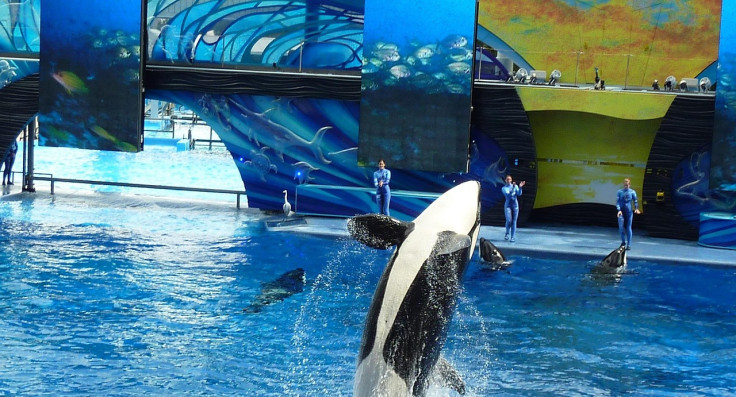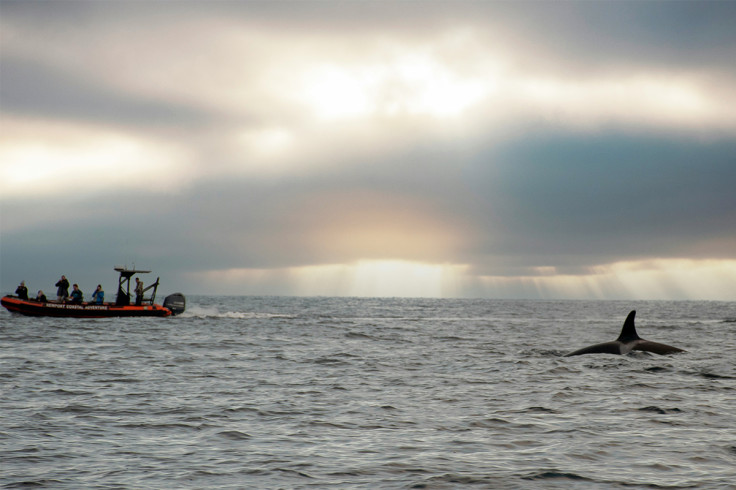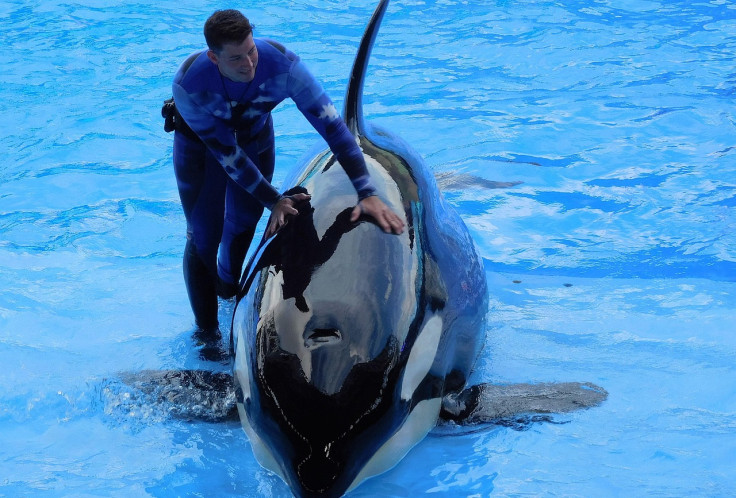Is Jessica Radcliffe Still Alive? Here are the Real-Life Incidents Said to Have Inspired the Fake Orca Death Video
While the story of Radcliffe is false, the video appears to have borrowed heavily from two real tragedies.

A disturbing video claiming to show a whale trainer named Jessica Radcliffe being killed by an orca mid-performance recently went viral across TikTok and other social media platforms. But as the video racked up millions of views, experts and analysts started questioning the authenticity of the video, and soon it was realised that the video is indeed fake.
In the matter of hours, internet sleuths and media outlets started digging up, and a big question was making rounds: Who is Jessica Radcliffe?
As it turns out, she doesn't exist at all. However, its shocking realism has raised questions about how artificial intelligence, real tragedies, and the power of social media combined to create a hoax that fooled so many.
No Record, No Trainer, No Attack
The viral footage, which claimed to show Radcliffe performing with an orca at a marine park called Pacific Blue, has been debunked as an AI-generated fabrication.

On Monday, IBT reported that the video used a mix of archival footage, manipulated audio, and computer-generated voices to tell a fictional story of a whale turning on its trainer during a live show.
There are no official records of Jessica Radcliffe working at a marine park, nor any documented incident of a fatal attack fitting the video's description. Experts identified several visual and audio inconsistencies and confirmed that the video was likely created using advanced AI tools.
The Real Incidents that Might Have Inspired It
While the story of Radcliffe is false, the video appears to have borrowed heavily from two very real tragedies involving orca trainers.
In December 2009, Spanish trainer Alexis Martínez was killed by a whale named Keto at Loro Parque in the Canary Islands. Martínez, 29, suffered severe internal injuries and died after a rehearsal session. The incident, although not in front of a live audience, shocked the marine mammal community.

Just months later, in February 2010, Dawn Brancheau was killed at SeaWorld Orlando by Tilikum, an orca already linked to two previous deaths. According to reports, Brancheau was pulled into the water by her ponytail and held underwater in front of park visitors. Her story became widely known through the 2013 documentary Blackfish, which raised ethical questions about orca captivity and trainer safety.
Elements from both of these cases, including the presence of an audience, the sudden aggression, and the tragic outcome, seem to have been mirrored in the fictional Radcliffe video, lending it a misleading sense of realism.
Why the Video Felt So Real
According to experts, the use of real-world references is what makes such AI hoaxes convincing. As we pointed out in our initial report, the footage's use of AI voices and recycled visuals blurred the line between fact and fiction.
The park mentioned in the video, Pacific Blue Marine Park, also appears to be fictional. It does not exist in any public marine registry or known database of aquatic parks.

This pattern isn't unique to animal-related hoaxes. Other shocking incidents including real-life accidents and freak mishaps have often been used as thematic inspiration for fictionalised or exaggerated online content.
Familiar Details From Other Real-Life Accidents
The fabricated Radcliffe incident also resemble the patterns seen in other real-life tragedies involving unexpected injuries or near-death experiences.
From Rebel Wilson's on-set accident that required emergency facial surgery to Jeremy Renner's near-fatal snowplough incident, and the drowning accident involving Emilie Kiser's son, many real events have shared the sudden, visceral tone used in the Radcliffe video.
Although none of them involves orca attacks, these incidents were sudden, graphic, and emotionally intense some qualities that fake videos often mimic to boost viral potential.
In short, there is no evidence that Jessica Radcliffe existed hence the question of life or death is invalid here. While the hoax video may have fooled many, fact-checking and media scrutiny have now exposed it for mimicking the memories of real people who actually lost their lives.
© Copyright IBTimes 2025. All rights reserved.




















